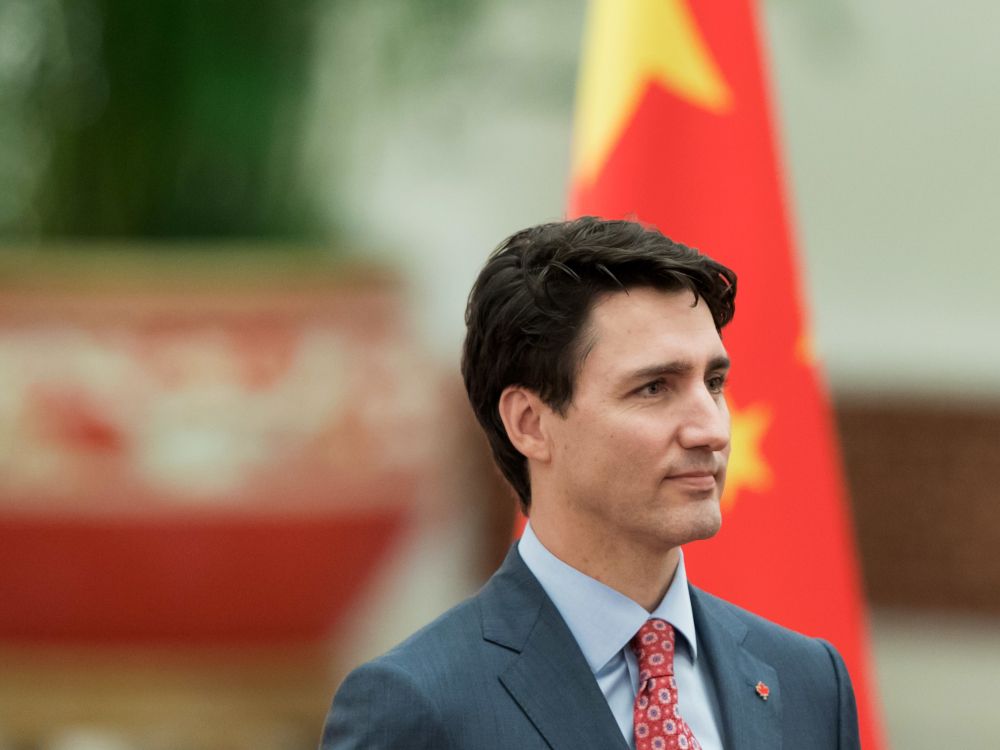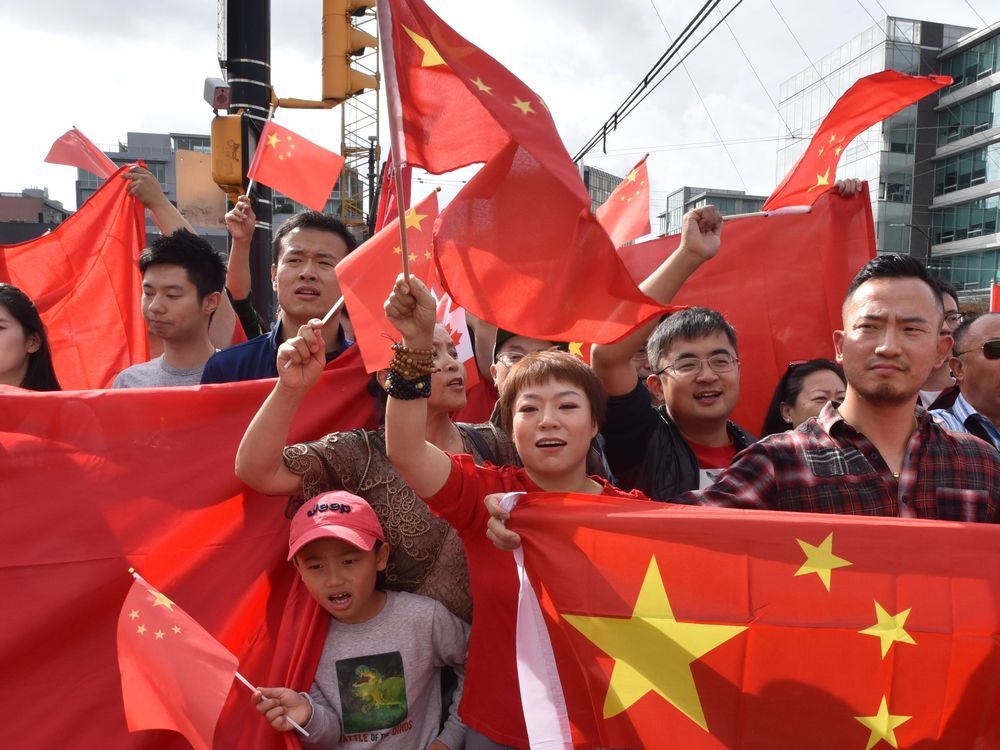Very good article in The Economist. Excerpts, below:
"Mr Xi’s true intentions are hidden in plain sight. While professing neutrality, he still refuses to condemn Russia’s invasion or its soldiers’ atrocities. In Moscow he will almost certainly join Mr Putin in blaming the war, yet again, on the expansion of nato. (Chinese officials and state media draw parallels with America’s bid to strengthen its alliances in Asia in preparation for a potential Chinese assault on Taiwan.) And even if Mr Xi stops short of sending Russia weapons, he will probably offer more non-military support to help sustain Mr Putin’s war. Although China largely avoids violating Western sanctions on Russia, it has not joined them. Indeed, it helps Russia offset their impact by buying more of its oil and gas, and selling it more electronics and other goods.
China’s peace plan, meanwhile, is a non-starter for Ukraine and its Western backers. It advocates an end to Western sanctions without requiring Russia to withdraw from Ukrainian territory. It sticks closely to Kremlin talking points in arguing that security “should not be pursued at the expense of others”, nor by “strengthening or expanding military blocs”. Such points echo Mr Xi’s “Global Security Initiative”, which he proposed last year as an alternative to the American-led “rules-based international order” and will probably promote enthusiastically over the next few days.
Mr Xi’s stance unsettles some in China’s elite. It shreds the country’s claim to be pursuing a foreign policy rooted in respect for sovereignty, and undermines a guarantee it made in 2013 to help Ukraine if it were threatened with nuclear attack. It makes Chinese attempts to cleave Europe from America much harder. Chinese strategists are clear-eyed, too, about Russia’s unpredictable politics and dismal economic prospects. Arming it would expose China to severe sanctions from America and the European Union, its two biggest trading partners, hobbling efforts to revive its economy. Talk of a new cold war would harden into reality.
Yet Mr Xi’s calculations are dominated by his conviction that China is locked in a long-term confrontation with America that might lead to a war over Taiwan, which it claims as its territory. In that context Russia still represents an indispensable source of energy, military technology and diplomatic support. A Russian defeat in Ukraine would embolden America and its allies. If Mr Putin’s grip on power slipped, instability on China’s vast northern border with Russia could follow. Worst of all, it could usher into the Kremlin a pro-Western leader tempted to help America to contain Chinese power, in a mirror image of China’s own strategic shift in the 1970s.
In the decade before Mr Xi took power in 2012, he also appears to have been influenced by leftist academics and fellow “princelings” (as offspring of Communist Party leaders are known) who became disillusioned with the West, especially after the financial crisis in 2007-09. Inspired by Mr Putin, then near the height of his power, they began to see Russia as a potential partner and to question Chinese historians’ conclusions that the Soviet Union collapsed owing to problems dating back to Stalin. Instead, they blamed Mikhail Gorbachev and his liberalising reforms.
Chinese perceptions of Russian military prowess have also changed since the war began. Russian successes in Crimea, Georgia and Syria had convinced Chinese generals that Mr Putin was a great strategist with an effective army. Drills between the two countries’ armed forces have focused on interoperability. Recent Chinese military reforms have replicated those in Russia. But Chinese commanders have been shocked by Mr Putin’s miscalculations over Ukraine and the lacklustre performance of Russian soldiers and weaponry.
Disillusion is not confined to military types. In December Feng Yujun, a prominent Russia expert at Fudan University, in Shanghai, made a scathing speech in which he noted that Russia had annexed millions of square miles of Chinese territory between 1860 and 1945. The Soviet Union then forced China to distance itself from the West and pushed it to enter the Korean war, in which “countless” Chinese troops were killed, he argued. Modern Russia, he went on, had not accepted its weakness relative to China and was obsessed with rebuilding its empire. “The weakest party in the China-America-Russia triangle always benefits the most,” he concluded.
As for Russia’s request for lethal weapons, China is most likely undecided. America’s allegation that China is mulling sending arms may be more of a pre-emptive public warning than evidence of imminent action. Chinese officials deny any such plans exist. But China may see another opportunity to gain leverage. In public statements and private discussions its officials increasingly draw a link with America’s provision of weapons to Taiwan. “Why does the US ask China not to provide weapons to Russia while it keeps selling arms to Taiwan?” asked Qin Gang, China’s new foreign minister, at his debut news conference on March 7th.
If Mr Xi does decide to arm Russia, he may do so covertly. China has a long history of clandestine arms exports. In the 1980s it secretly supplied Chinese-made variants of the Soviet AK-47 assault rifle to CIA-backed mujahideen insurgents in Afghanistan. Providing Russia with artillery shells would be easy: Chinese arms-makers produce similar models and can remove markings, or add ones suggesting they originate elsewhere, says Dennis Wilder, a former CIA officer who used to track Chinese arms exports. China could also supply weaponry via third countries, like North Korea or Iran, or provide them with incentives to ship their own arms to Russia. America might detect such moves, but proving them will be harder. “All China needs is plausible deniability,” says Mr Wilder.
In the end Mr Xi’s decision could depend on how the war plays out, and especially on the outcome of the expected Ukrainian counter-offensive in the coming months. It could hinge, too, on the level of tensions between China and America over Taiwan, suggests Alexander Korolev, who studies China-Russia relations at the University of New South Wales in Australia. “If, by sending weapons to [Russian troops in] Ukraine, China can control the level of escalation and keep Russia going for as long as needed, then it can keep the West busy,” he says. “That makes it more feasible to deal with Taiwan.”"

nationalpost.com



